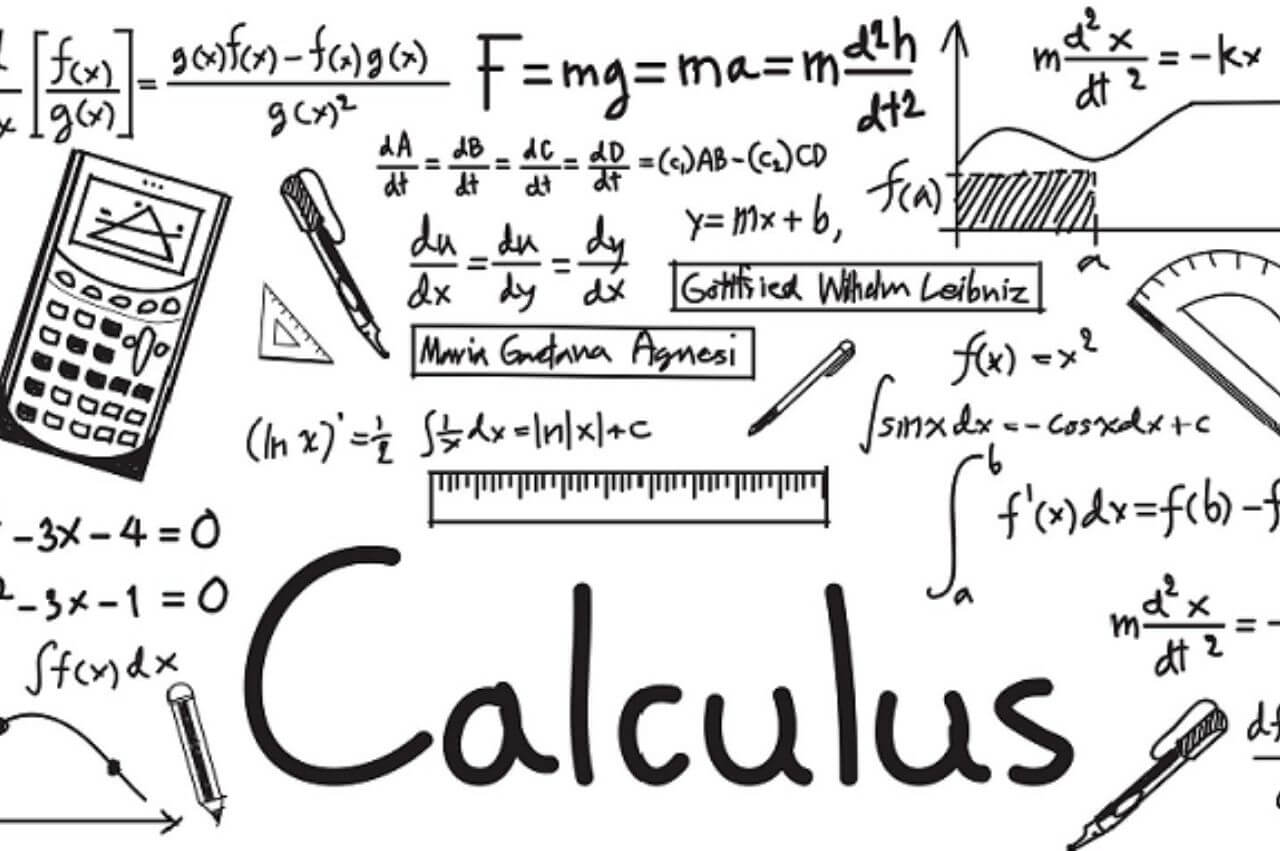Are you wandering to prepare for calculus?
Are you confused about calculus?
Are you want a roadmap for calculus?
Do you consider fail in your calculus exams?
If the answer of all the above questions is yes, you are in right place for guidance.
Preparing for calculus is not much difficult as we think. You just need a road map to Ace calculus. First of all, makes a mind map for a better understanding of any topic. The second one is to answer the fundamental questions of calculus.
Fundamental questions are:
Why learn calculus?
Where to use calculus?
How much calculus is required for my field?
From where to learn?
If you follow all these questions, you will come to know all the answers. And it will develop your interest in learning calculus. Foundation is the most critical part of any building. Before starting to learn calculus, you should have good knowledge that why are you learning these courses.
From Where To Start

It is the most critical question to be answered. The first thing my dear learners is that you are in computer science and you have to learn calculus, there is no way to escape. If you are here then am sure you have Will to learn calculus. To learn calculus contact your course catalogue. Here you will find all the necessary topics related to your course or field.
Pick the topic from a catalogue and search it on the internet especially YouTube. You will definitely find many tutorials. Watch at least two videos of a topic, you are searching for. Although there are many paid courses available to learn calculus, for beginners above suggestions are enough.
Then search for the second topic on YouTube and follow the same steps.
- Try to make your own notes.
- Discuss every topic with your class fellows.
- Teach every conept to anyone near to you.
If you don’t have a course catalogue, you may follow this:
1 Real number, Inequalities
2 Functions, domain and range of functions, the composition of functions
3 Translation, reflection, stretches and compressions of functions, symmetry tests, polynomials, rational functions, algebraic functions
4. Inverse functions( trigonometric), exponential and logarithmic functions, parametric equations
5. Concept of limits, Computing limits
6. Limits at Infinity, Continuity,
7. Slope of the tangent line, General rates of change, the derivative function,
8. Techniques of differentiation, Chain Rule
9. Implicit differentiation, Differentiation of inverse trigonometric functions,
10. L’ Hopital rule
11. Increasing and decreasing functions, concavity, Inflection points
12. Relative maxima and minima, First and second derivative tests
13. Applied maximum and minimum problems
14. Rolle’s theorem, Mean value theorem,
15. Mid-term Examination
16. The indefinite integral, Integration by substitution, Integration by parts
17. Integration of rational functions by partial fractions
18. Definition of the area as a limit (Introduction),
19. Riemann sums and the definite integrals, MVT for integral
20. Applications of definite integrals: Area between two curves
21. Applications of definite integrals: Volume by slicing, volume by disk method
22. Applications of definite integrals: Length of a plane curve
23. Sequences, Monotone sequences
24. The divergence test, integral test, p-series test
25. The comparison, ratio and root tests
26. Alternating series; Conditional convergence
27. Maclaurin and Taylor Polynomials, Maclaurin and Taylor series
28. Power series
Revision Slides Calculus Anton Bivens Davis Solution Manual
If you have any suggestions please let me know in the comment box.
Best of Luck!


Noiceeee…good hogya